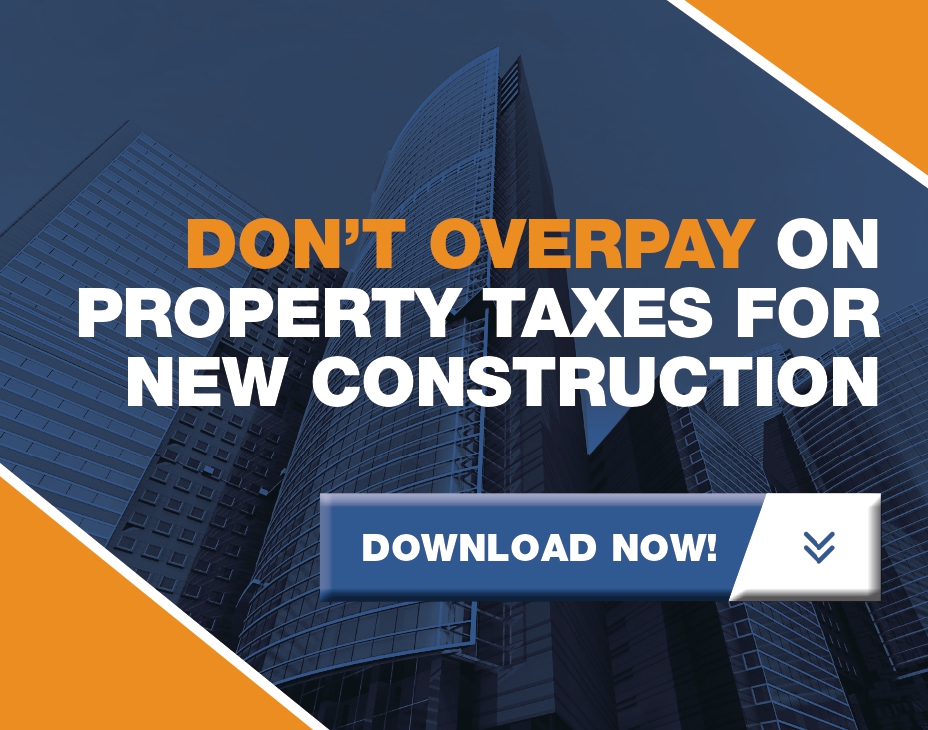The retail sector has been experiencing significant changes, influenced by a variety of economic, social, and even health-related factors. As commercial property investors, understanding these shifts can help you identify opportunities, mitigate risks, and ultimately, maximize your return on investment. This article provides an update on the current retail market landscape, focusing on recent trends and events that could impact your investment strategy.
Retail Availability Trends
One of the most notable trends in the retail market is the near all-time low retail availability in key regions such as the Inland Empire and Orange County in California. This trend is reflective of a robust demand for retail real estate, driven by a resurgence in consumer spending that has been trending above pre-pandemic levels.
In the Inland Empire, for instance, retail building availability has slightly increased this year but currently sits at just 6.2%, down from a pre-pandemic rate of 7.8%. Similarly, in Orange County, building availability in the retail market has fallen for three consecutive years, reaching a multi-decade low. These trends are indicative of a strong tenant demand, with retailers implementing plans to open new stores and most tenants renewing leases upon expiration.
Leasing activity has also seen a significant uptick. In the Inland Empire, new leasing volume is on pace to reach 1 million square feet, matching the prior five-year quarterly average. In Orange County, over 750,000 square feet was leased in the first quarter of the year, surpassing the market’s prior five-year quarterly average. This brisk leasing activity, coupled with a decrease in the median time on the market for space availabilities, suggests a healthy retail market with solid tenant demand.
These trends underscore the resilience and potential of the retail sector in these regions. For commercial property investors, this could signal promising investment opportunities. However, it's important to note that these trends may vary across different regions and retail subsectors, underscoring the need for a nuanced understanding of the market.
Challenges in the Retail Sector
While some regions are experiencing a retail boom, others are grappling with significant challenges. A case in point is the Westfield San Francisco Centre, a high-profile mall in downtown San Francisco. The mall's landlord, Unibail-Rodamco-Westfield, is cutting ties with the property due to the city's deteriorating retail market.
Foot traffic in and around downtown San Francisco has been lower than usual, and concerns about crime have further exacerbated the situation. As a result, the landlord and its partner, Brookfield Properties, have begun transferring control of the mall to its lenders, effectively surrendering the prominent retail property.
This is a stark contrast to the bustling activity that once characterized the mall and its surroundings. Retail vacancy rates in downtown San Francisco have shot up to surpass 18%, and tepid leasing activity hasn't been enough to fill the gap. Major retailers such as Gap, Amazon Go, Athleta, and others have closed their locations in and around downtown San Francisco, further deepening the woes of the retail landscape in the area.
For a full market update on San Francisco click here.
Bankruptcy and Lease Rejections
The retail sector is also witnessing significant changes due to bankruptcy and lease rejections. Cineworld, the parent company of Regal Cinemas, is a prime example. The company is making progress on finalizing its U.S. real estate portfolio as part of its Chapter 11 bankruptcy proceedings. It has recently announced that it plans to reject 25 leases with Realty Income Corp., its second-largest landlord, due to stalled lease negotiations.
This move is expected to save Cineworld's estate nearly $16 million annually based on last year's performance. However, it also has implications for landlords and the overall retail market. Landlords may face challenges in finding new tenants, especially in the current economic climate. For the overall retail market, this could lead to an increase in vacant retail spaces, potentially affecting property values and rental rates.
Job Market Implications
The retail sector doesn't exist in a vacuum; it's influenced by various factors, including the job market. Recent trends in the San Francisco Bay area provide a clear example of this interconnectedness. After falling for three consecutive months, the number of layoff announcements affecting Bay-area counties shot back up in May. Over 4,900 permanent layoffs were announced, marking the second-highest monthly total of notices received in the current downturn.
Leading the layoff tally were companies like Meta, which announced 1,500 Bay-area layoffs, and clothing retailer Gap, which cut 700 jobs in San Francisco. Real estate services provider Cushman & Wakefield also cut around 700 positions. These layoffs not only affect the individuals and families involved but also have broader implications for the local economy and, by extension, the retail market. Reduced employment can lead to decreased consumer spending, which in turn can impact retail sales and demand for retail space.
Implications for Commercial Property Investors
For commercial property investors, these trends and events highlight the importance of staying updated and making informed decisions in this changing landscape. The near all-time low retail availability in regions like the Inland Empire and Orange County suggests strong tenant demand and potential investment opportunities. However, the challenges faced by retailers and mall landlords in downtown San Francisco, the bankruptcy and lease rejections by companies like Cineworld, and the increase in layoff notices in the Bay area underscore the complexities and uncertainties in the market.
As an investor, understanding these dynamics can help you identify risks and opportunities, adjust your strategies, and make decisions that align with your investment goals. For instance, you might consider focusing on regions with strong retail demand or exploring different retail subsectors that are performing well. On the other hand, you might need to reassess your investments in areas facing significant retail challenges or high unemployment rates.
How Paramount Property Tax Appeal Can Help
In these changing times, having a trusted partner can make all the difference. Paramount Property Tax Appeal is committed to assisting commercial property investors navigate the complexities of the retail market. Our primary focus is on reducing your property taxes, a service that is particularly beneficial in the current market context.
With the retail landscape experiencing significant shifts, property values and assessments can fluctuate. Paramount Property Tax Appeal's team of experts can help ensure that your property is accurately assessed, potentially leading to significant tax savings. We understand the nuances of the retail market and use this knowledge to effectively challenge unfair tax assessments.
Whether you're dealing with the impact of lease rejections, grappling with the effects of layoffs on the local economy, or looking to capitalize on areas with low retail availability, Paramount Property Tax Appeal can provide the guidance and services you need to optimize your property tax situation.
Conclusion
The retail market is in a state of flux, with trends varying significantly across different regions and sectors. From the near all-time low retail availability in the Inland Empire and Orange County to the challenges faced by retailers in downtown San Francisco, the landscape is diverse and dynamic. Add to this the implications of bankruptcy proceedings and lease rejections, as well as the impact of job market trends, and it's clear that commercial property investors need to stay informed and adaptable.
As we navigate these changes, staying updated and making strategic decisions is key. Paramount Property Tax Appeal is here to assist you in this journey, providing expert services to help reduce your property taxes and optimize your investment strategy. In the ever-changing world of commercial real estate, we are your trusted partner, helping you turn challenges into opportunities.
.png)


.png?width=170&height=64&name=Logo%20320x120(2).png)





